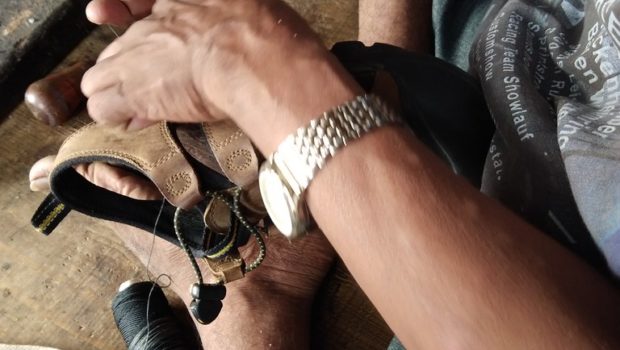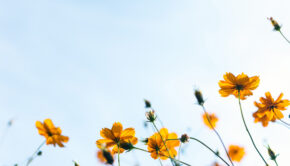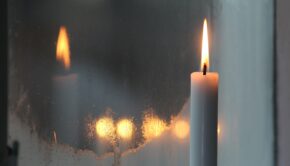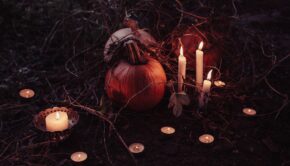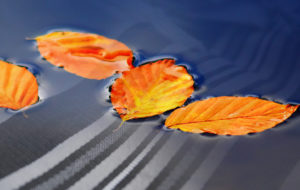Passover, Questions and Pulling Ourselves Together
Passover is a time for transformation. We start in our own homes but we are working on transformations that the world needs. We are telling a story which takes us out of our isolation and puts our lives into relationship to a larger picture, and shift of perspective makes all the difference.
One of the most difficult things about the current cascade of crises in the world is that people find it hard to wrap their minds around them because they are not so much crises of things as they are inter-related crises of the web of life. Our addiction to fossil fuels brings about a climate crisis, bringing drought, floods, fires and storms, contributing to crop failure, wars and a world refugee crisis, which contributes to more social fragmentation which contributes to a crisis of addiction, which contributes to international drug cartels, which contributes to refugees fleeing gang violence, which contributes to reactionary politics, which brings political fragmentation and loss of democratic institutions which weakens trust in those institutions which contributes to conspiracy theories, and on and on. We can never solve or even comprehend these crises until we get to the core: Our world is One Interconnected whole. It is alive and it is a part of the Holy Source of Life, and it is being fragmented and fractured.
Making our way out of these crises will mean thinking, feeling and acting in a new way: seeing our connectedness and pulling ourselves together, creating connections where there has been fragmentation, bringing back relationships that have been ignored, finding our individual purpose and meaning as parts of larger stories. This shift toward connection can start on Passover.
On Passover we have a Seder, which means Order. As we start our Jewish lunar year in the Spring (as opposed to the Solar year which we start in the fall with Rosh HaShana) we put our world in order. That doesn’t mean a rigid, oppressive straight-jacket order. This Order/Seder creates a framework for entering into a ritual space/time. It allows us to re-examine our lives from a more expansive angle, seeing our personal process within a Jewish and world process, moving from slavery toward freedom.
We conduct the Seder using a Haggadah, which is telling our story, connecting our personal experience to our past and our future. This story-telling isn’t an intellectual exercise. It is accompanied by the tastes, sounds, sights and smells of the matzah, haroset, bitter herbs, wine and songs that open our hearts and viscerally connect us to family, people and tradition. And, of course, we ask questions.
Now, at first glance, you might think that asking questions is not something that pulls us together. Questioning, after all, can puncture and deflate the story and create distance between arguing factions. Yet, it’s all in the context. Even the puncturing question of the “rebellious child” can be integrated into the framework of the Seder.
I’m reminded of the Hasidic story of the hidden Tzaddik who was working as a simple shoe maker. With every stitch pulling together two pieces of leather, this shoe maker would intend to pull together the brokenness of the world. What I notice in this story is that for a shoe maker to make a stitch, she first must poke a hole in the leather. In the same way, even when our questions poke holes in the tradition, create a gap in the fabric of agreement, that is only the first step. We can use those holes to go deeper, understand in a new way, bridge the gap between opinions, and ultimately pull ourselves more closely together. That is the goal of our questioning at the Seder, and in the rest of the year as well.
In the context of the Seder, we can bring ourselves closer to our family, to the Spirit of Freedom that fills the world, and to our tradition, by asking questions, telling our stories and putting ourselves into the larger pattern of history. In our current world of spiraling fragmentation, pulling ourselves together can help stitch the world a little closer together. It can move us all a little closer to the true freedom of sustainability, justice and peace.

